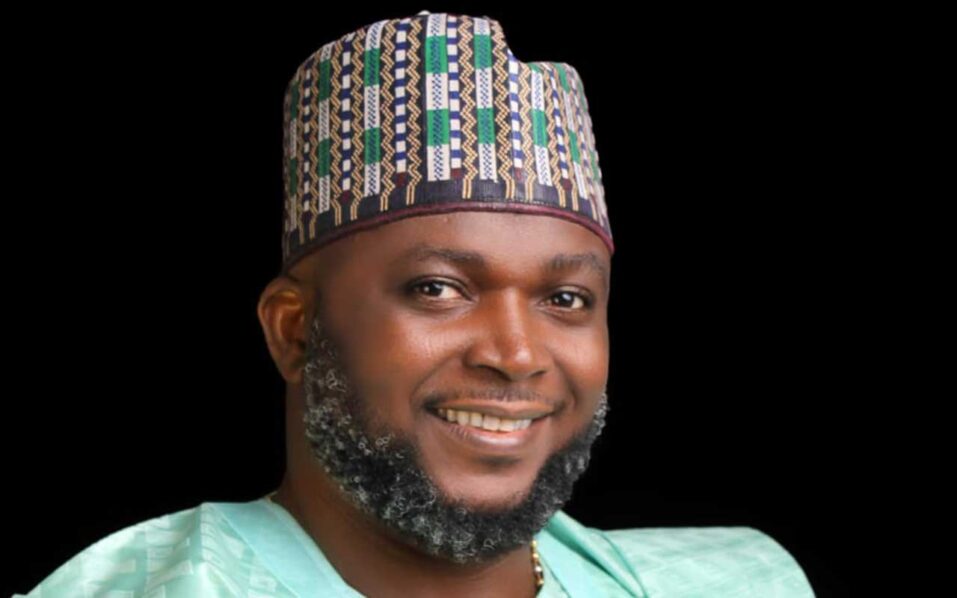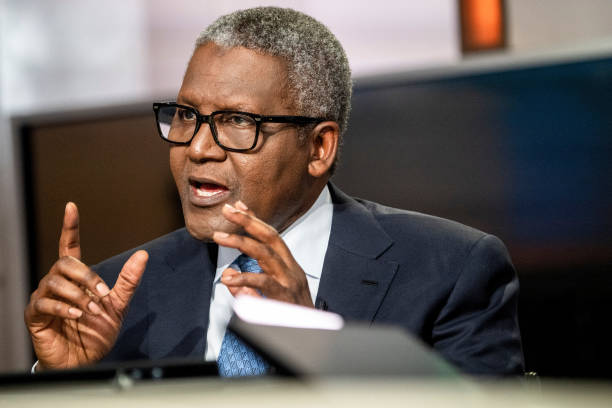
CUPP hails stipulations on State Police
Nigerians have continued to react to some constitutional amendments proposed by the House of Representatives, especially those that stipulate the establishment of State Police and Local Government Police, FCT House of Assembly and Court of Appeal as the final arbiter in governorship, and national and state Houses of Assembly election petitions.
Other proposed amendments provide for ‘compulsory resignation of national and state executive members of political parties seeking elective government positions’.
Reacting to the proposed state police, the national secretary of the Coalition of United Political Parties (CUPP), Peter Ameh, insists that the establishment of state and local government police remains a step in the right direction.
Also, the proposed constitutional amendment bill, which seeks to require lawmakers to officially resign from their political parties before defecting, has sparked intense debate. The bill, sponsored by Adebayo Balogun, aims to alter Sections 68(1)(g) and 109(1) (g) of the Constitution to ensure that lawmakers formally exit their parties before switching allegiance.
Speaking with The Guardian, a political analyst, Kunle Egbeniyi, argued that the bill will promote political stability and accountability. According to him, by requiring lawmakers to formally resign from their parties, the bill aims to prevent the frequent defections that have become a hallmark of Nigerian politics.
“The frequent defections by lawmakers have created a sense of instability and unpredictability in our political system. This bill seeks to address this issue by ensuring that lawmakers are transparent and accountable in their political affiliations,” Egbeniyi said.
Egbeniyi further argued that the bill would ensure that lawmakers are more accountable to their constituents and the parties that sponsored their elections.
“When lawmakers defect without formally resigning from their parties, it creates a sense of distrust among their constituents. This bill will help to restore that trust and ensure that lawmakers are accountable to those who elected them,” he said.
However, opponents of the bill argue that it would stifle the rights of lawmakers to freedom of association. Tony Uroko, a critic of the bill, argued that the bill will create unnecessary bureaucratic hurdles for lawmakers who wish to defect.
“The bill is an attempt to muzzle the freedom of lawmakers to associate with any party of their choice. It is undemocratic and will stifle the growth of our democracy,” Uroko said.
Uroko further argued that the bill does not address the root causes of defections, such as the lack of internal party democracy and the prevalence of “godfatherism” in Nigerian politics.
“The bill is merely a cosmetic solution that will not fundamentally alter the dynamics of Nigerian politics. We need to address the underlying issues that lead to defections, rather than just treating the symptoms,” Uroko said.
Speaking on the determination of all elections cases before president, governors and lawmakers are sworn-in, Yoruba Council of Elders (YCE), a former Chief of Staff to the late Governor Abiola Ajimobi of Oyo State, Prof. Gbade Ojo, and the Head of Department (HOD) of Political Science and International Relations, Kola Daisi University, Ibadan, Dr Adebukola Ayoola, yesterday, threw their weight behind the proposal for the determination of all appeals arising from election petition tribunals before the swearing in of the elected political officeholders.
The Secretary-General of YCE, Oladipo Oyewole, Prof. Ojo and Dr Ayoola stated this while speaking with The Guardian in Ibadan, the Oyo State capital.
Ojo said: “It is the way to go. Ordinarily, before swearing in, election petitions must be disposed of. It will, no doubt, urge the judiciary to expedite actions in hearing election-related matters.”
Ayoola said: “The step by the House of Representatives is the right thing to do. Swearing in someone whose victory has not been determined will allow the purported winner to manipulate the process. The declared winner will be at the advantaged position to influence the outcome of judgment. Let the petitioners file their cases on time so that the hearing can meet the timeframe. There should be a separate court for election petitions and the matters should be given accelerated hearing’’.
The YCE Secretary-General said: “Ordinarily, elections are supposed to be straightforward, but there are manipulations at various stages. Therefore, YCE agrees that all matters pertaining to elections should be determined before the swearing in of the purported winners. Let all issues be sorted out to justify fair play.”
Speaking also on state police, a founding member of the APC, Osita Okechukwu, said, “I think prevailing circumstances make state police imperative. I am also of the view that there’s no need for local government police, as the State Police should cover all the nooks and crannies of every state.
“The State Police should also have linked Federal Police to avoid dysfunctional misalignment. And the funding of State Police should be expressly stated in the constitution; for fund starved State Police is a Bandit Force.”
Also, Ige Asemudara, lawyer and founder of Mission Against Injustice in Nigeria, who spoke on the need for all cases of election petition should stop at Appeal Court, said it does not matter wherever the cases stopped but Nigerians must kick against the excesses of politicians who would stop at nothing to compromise the judiciary to get their desire.
Asemudara said that though the intention of the House of Representatives may be noble, we might get a speedy process and also decongest the Apex courts of cases like election petitions, but Nigerians must also be sure of getting justice, which was mainly reasons election cases were pushed to the Supreme Court.
He also said there is a need to put measures in place where judges should be made to account for whatever they do while on the bench. Ameh, a Labour Party chieftain, told The Guardian that the state police would enhance security and true federalism, adding, “The Nigerian security landscape has been plagued by numerous challenges, including insurgency, banditry, kidnapping, and communal clashes. The Nigeria Police Force (NPF), currently the primary law enforcement agency, has been overstretched and understaffed, struggling to effectively address these security concerns. In response to these challenges, a Bill seeking to establish state and local government police in Nigeria has been proposed.
“Moreover, the establishment of state and local government police will address the issue of inadequate policing in Nigeria. The NPF is currently understaffed, with a ratio of approximately one police officer to 600 citizens. This is significantly below the United Nations recommended ratio of one police officer to 400 citizens.
“By establishing state and local government police, Nigeria can increase the number of law enforcement personnel, improving the overall policing ratio and enhancing security across the country. It can be argued that its passage will be a significant step towards enhancing security and promoting federalism in Nigeria.
“One of the primary advantages of establishing state and local government police is that it will enable more effective and efficient policing. By decentralising law enforcement, state and local governments will be better equipped to address specific security concerns unique to their areas.
“This will also facilitate closer collaboration between law enforcement agencies and local communities, fostering trust and cooperation. State and local police forces will be more agile and responsive to emerging security threats, allowing for quicker intervention and more effective conflict resolution.
“While the risks of state police being exploited by autocratic governors are real, it is also important to consider the potential benefits of such a system. One of the primary advantages of state police is that it could help to create a balance of power between the federal government and state governments.”
Concerns over spate of constitutional amendments, delayed state police bill

Ameh





